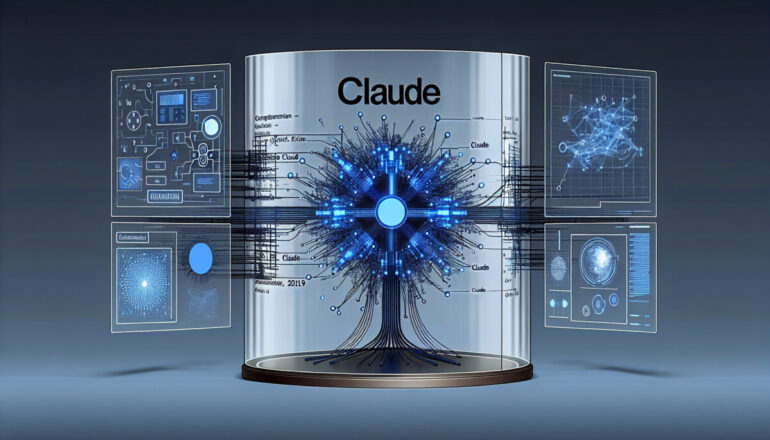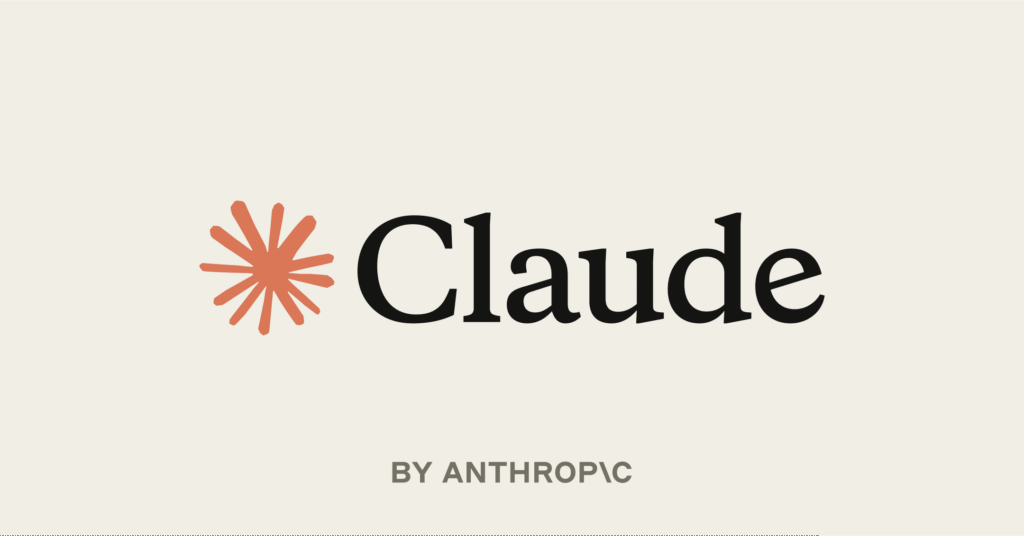
Our interactions with technology have changed dramatically as a result of artificial intelligence (AI). AI is becoming more and more ingrained in our daily lives through automated workflows and smart assistants. Claude AI by Anthropic is a prominent next-generation conversational model among the numerous AI systems created in recent years. Claude, which was developed with a strong emphasis on safety, usability, and advanced reasoning, is rapidly emerging as a reliable tool for developers, businesses, researchers, and creatives.
Everything you need to know about Claude AI will be covered in this blog, including its history, features, model variations, important applications, how it differs from rivals like ChatGPT, and what lies ahead. This thorough guide will help you comprehend Claude AI and how it can help you achieve your objectives, regardless of whether you’re a tech enthusiast or a business leader investigating AI integration.
What Is Claude AI? A New Kind of Conversational Assistant
Anthropic, an AI safety and research firm started by former OpenAI researchers, created the Claude AI family of large language models (LLMs). The Claude series, which bears the name of Claude Shannon, the father of information theory, was developed to advance AI capabilities while upholding strict safety and alignment standards.
The foundation of Anthropic’s mission is the conviction that AI systems ought to be trustworthy, helpful, and innocuous. The Claude models’ distinctive training methodology, moral underpinnings, and strong safety features all serve to exemplify this philosophy. Every version, from Claude 1 to the most recent Claude 4 series, has improved reasoning, expanded context windows, and produced more perceptive answers.
How Claude AI Works: The Power of Constitutional AI
Constitutional AI is the training methodology at the heart of Claude’s design. Constitutional AI enables the model to self-improve by applying a set of guiding principles, or “constitutional rules,” in contrast to traditional models that mainly rely on reinforcement learning from human feedback (RLHF). These guidelines address ideals like avoiding offensive material, protecting user privacy, and maintaining factual accuracy.
By evaluating and rewriting its answers in accordance with these guidelines, the model gains knowledge. More open, consistent, and morally sound behavior is the outcome of this process. Additionally, it lessens reliance on human annotators, increasing the scalability and reproducibility of the training process.
Claude AI is notable for prioritizing privacy. Unless the user specifically chooses to do so, it does not by default train on user interactions. For both individuals and businesses, this guarantees a high degree of trust and data security.
The Claude Model Family: Haiku, Sonnet, and Opus
To accommodate various requirements, Anthropic has created multiple iterations of Claude. These fall into the Claude 3 and Claude 4 families, and each variant offers a different mix of speed, cost, and performance.
Haiku Claude
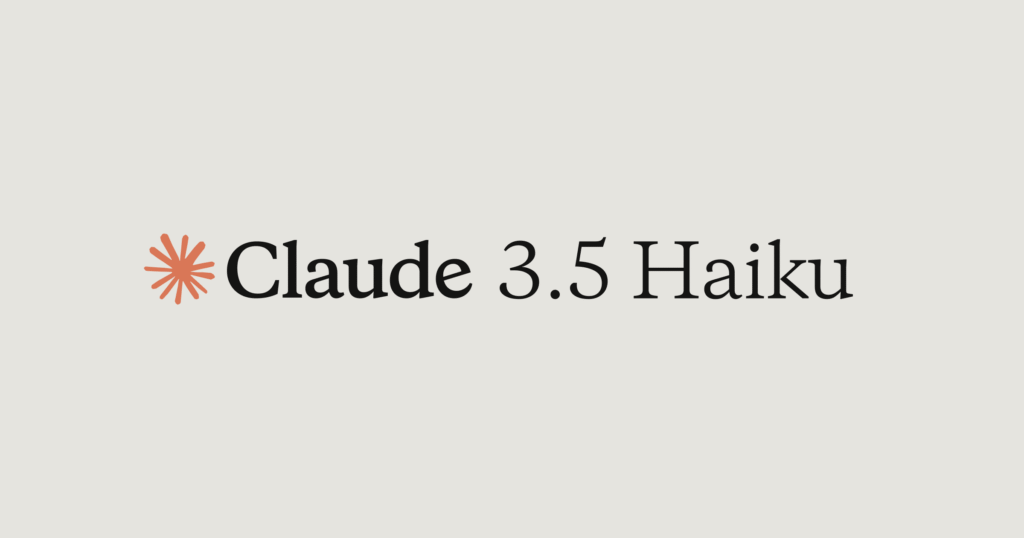
The Claude model that is the lightest and fastest is Haiku. It’s perfect for real-time applications like chatbots, mobile assistants, and customer support. It still responds with a high level of fluency and reliability despite its smaller size.
Sonnet Claude
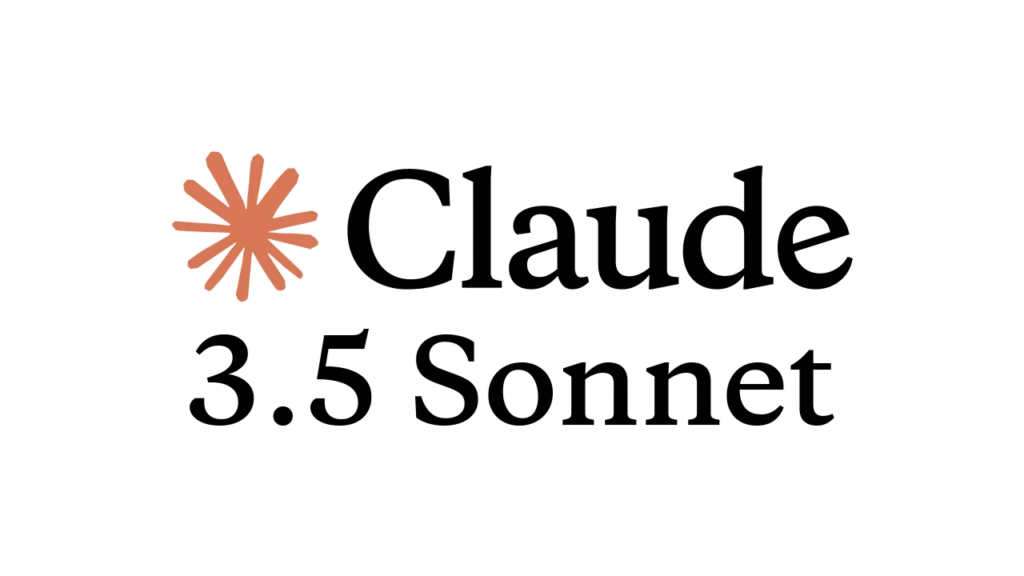
Sonnet is a mid-tier model that balances performance speed and reasoning ability. It works well for data analysis, writing support, and productivity tools—professionals who require fast but insightful output love Sonnet.
Claude Opus
The most potent model in the Claude family is Opus. Complex reasoning, programming, mathematics, legal tasks, and content creation are among its strong points. Opus is made for high-stakes situations and enterprise use cases where precision and comprehensiveness are crucial.
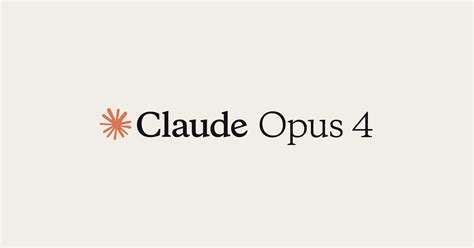
Anthropic also unveiled models with enhanced safety alignment and more extensive integration capabilities in 2025, such as the Claude Sonnet 4 and Opus 4.1.
The wide context window of the Claude models is one of their main innovations. Claude can process very long documents, whole codebases, or book-length content because most models support up to 200,000 tokens. This window can be extended to more than a million tokens for enterprise users, making Claude one of the most context-aware AI systems on the market.
Use Cases and Practical Implementations
Claude AI supports numerous useful applications in various industries. The following are a few of the most significant use cases:
- Development of Software Claude has sophisticated debugging and code generation tools. With natural language prompts, developers can ask Claude to write functions, review code, or even create whole applications. It is a flexible tool for engineers and software teams because it supports a wide range of languages, frameworks, and environments.
- Automation and Business Intelligence Claude is used by businesses to automate customer support, extract important insights from spreadsheets, and summarize reports. It can transform disorganized data into useful insights by handling databases, charts, PDFs, and structured content. Additionally, Claude integrates with workflow tools to help with project management, scheduling, and documentation.
- Research and Education Claude’s ability to read, analyze, and condense lengthy academic papers is advantageous to both academics and students. Additionally, it can help with critical thinking exercises, hypothesis generation, and research design. Claude is an effective tutor and collaborator in educational settings because of his sophisticated comprehension of text.
- Content Creation and Creative Writing Claude helps writers come up with ideas for stories, write articles, create marketing copy, and edit content that already exists. Its long-context feature helps keep the narrative flowing and guarantees consistency between paragraphs. Claude can easily switch between different styles, whether it’s technical writing, poetry, or fiction.
- Integration of Enterprises Claude can be integrated into internal systems for big businesses to facilitate anything from legal analysis to HR automation. It provides compliance features appropriate for regulated industries, audit logs, role-based access, and enterprise-grade tools.
Key Distinctions Between Claude AI and ChatGPT
Claude AI and ChatGPT are both strong language models, but Claude differs from ChatGPT in a few important ways:
- Alignment and Safety Because Claude is trained with Constitutional AI, his responses are more circumspect and morally sound. In edge cases, ChatGPT’s use of reinforcement learning from user feedback may occasionally result in overconfidence or less consistent behavior.
- The Context Window While ChatGPT typically functions within a context window of 32,000 to 128,000 tokens, depending on the version, Claude supports a context window of up to 200,000 tokens (and even more for enterprise users). This implies that in a single session, Claude can comprehend and refer to far larger amounts of information.
- Policy on Privacy: Unless specifically allowed, Claude never uses user conversations for training. This privacy-first strategy stands in contrast to certain other platforms that automatically refine their models using interaction data.
- Style of Output. Particularly when discussing delicate subjects, Claude usually provides more thoughtful and impartial answers. As a reflection of its ethical training model, its responses are frequently more taciturn and open about their limitations.
How to Access and Use Claude AI
Claude AI is available on a variety of devices and platforms. Claude can be reached by users using:
- Web apps: accessible via partner platforms and Anthropic’s official website.
- Mobile apps: Chat, project management, and productivity features are supported by iOS and Android versions.
- APIs: Anthropic’s powerful API platform enables developers to incorporate Claude into their tools, websites, and applications.
- Enterprise Tools: By implementing Claude across internal systems, businesses can guarantee data compliance, role-based access, and integration with programs like Slack, GitHub, and Google Workspace.
Additionally, Claude offers tools like file readers and calculators, Claude Code for developers, and artifact creation, which enables users to create basic AI apps without knowing how to code.
Pricing and Plans
Claude is available with different price tiers for both individual and business users: Pricing and Plans
- Free Tier: Suitable for light users and simple research, this tier gives access to Claude Sonnet.
- Claude Pro: This tier, which costs about $20 per month, offers greater tool usage, access to Claude Opus and Claude Code, and higher productivity task limits.
- Claude Max: This plan, which is intended for power users, provides greater dependability, more tokens, faster performance, and early access to features.
- Enterprise Plans: Scale-based pricing for businesses that includes usage analytics, security features, SLA guarantees, and API access.
The cost of using an API is usually charged per million tokens processed, with rates differing depending on the context window size and model (Haiku, Sonnet, and Opus).
Ethical Considerations and Model Limitations
Claude is not an AI system that is flawless. Even with its sophisticated safety features, Claude is still capable of giving answers that are partial, ambiguous, or biased, particularly when discussing contentious or unclear subjects.
Claude is built to be cautious. This implies that it may decline to respond to specific prompts that other models might try. Although this improves security, handling edge cases can occasionally irritate users.
Furthermore, the quality of the training methods and underlying data determines how well the model performs. Even though Constitutional AI increases alignment, Claude might still produce results that need human review or reflect societal biases.
To increase Claude’s reliability and inclusivity, Anthropic keeps funding safety studies, fairness testing, and transparency projects.
Future of Claude AI
Claude AI has a promising future. Anthropic has alluded to many upcoming developments:
- Agentic Capabilities: Enabling Claude to carry out multi-step, independent tasks in a variety of environments and tools.
- Better Memory and Reasoning: Claude will be better able to remember context during lengthy discussions and sessions.
- Open Standards and Protocols: Making use of frameworks such as the Model Context Protocol (MCP) to facilitate wider platform integration.
- Globalization: Increasing Claude’s ability to support multiple languages and culturally adjust to global users.
- Customization: Enabling users and businesses to modify Claude according to their own guidelines, objectives, and information.
It is anticipated that Claude will continue to lead the way in safety-aligned intelligence, reliable AI infrastructure, and moral AI applications as the AI race progresses.
FAQ: Your Claude AI Questions Answered
1. What is Claude AI?
Claude is an artificial intelligence assistant created by Anthropic. It’s a large language model designed to be helpful, harmless, and honest. Think of it as a conversational AI that can understand and generate human-like text, helping you with tasks like writing, analysis, coding, and question-answering.
2. Who created Claude?
Claude was developed by Anthropic, an AI safety startup founded by former OpenAI researchers, including Dario and Daniela Amodei. The company’s focus is on building reliable and steerable AI systems.
3. Is Claude AI free to use?
Yes and no. The standard version, Claude Instant, is available for free with some usage limits. The more advanced model, Claude 2/3 (the latest version), typically requires a paid subscription to Anthropic’s API or is available through a paid tier on platforms like Claude Pro, which offers higher usage limits and priority access.
4. How does Claude AI compare to ChatGPT?
Both are powerful language models, but they have different strengths and philosophical approaches:
- Focus: Claude is built with a strong emphasis on “Constitutional AI,” aiming to reduce harmful or biased outputs. ChatGPT has evolved through extensive user interaction.
- Context Window: Claude often has a much larger context window (e.g., 100K to 200K tokens), meaning it can process and remember much longer documents or conversations.
- File Support: Both support file uploads (PDFs, Word docs, etc.), but Claude’s large context window makes it particularly adept at analyzing long, complex documents.
- Creativity vs. Accuracy: Some users find ChatGPT more creative for storytelling, while others find Claude more direct and accurate for analysis and summarization.
5. What can I use Claude AI for?
Claude is incredibly versatile. Common use cases include:
- Writing & Editing: Drafting emails, blog posts, reports, and creative content.
- Summarization: Condensing long articles, research papers, or meeting transcripts.
- Analysis & Brainstorming: Analyzing data, comparing concepts, and generating ideas.
- Coding & Programming: Writing, explaining, and debugging code in various languages.
- Q&A: Answering complex questions based on a provided document or its general knowledge.
- Role-Playing: Acting as a simulated character or expert for training or entertainment.
6. What are Claude’s limitations?
Like all AI models, Claude isn’t perfect. Its key limitations include:
- No Real-Time Knowledge: Its knowledge isn’t live. It can’t tell you today’s weather or the latest news headlines unless that information was part of its training data (which has a cutoff date).
- Potential for Hallucination: It can sometimes generate plausible-sounding but incorrect or fabricated information.
- No Multimodal Output: While it can read the contents of uploaded images (PDFs, screenshots), it cannot generate images, audio, or video.
- Mathematical Calculations: It can perform math but may make errors with highly complex calculations.
7. How do I get started with Claude AI?
The easiest way to start is by visiting the official Anthropic website (anthropic.com) and looking for the “Talk to Claude” or similar option. You can often start a conversation immediately without creating an account, though an account is required for prolonged use and to save chat history.
8. Is my data safe with Claude?
Anthropic has stated that it takes user privacy seriously. According to their policy, they do not use customer-submitted data from their API to train their models without explicit permission. However, it’s always best practice to avoid sharing highly sensitive personal information (like passwords, social security numbers, or confidential business data) in any public AI chat.
9. What is “Claude Pro”?
Claude Pro is Anthropic’s paid subscription plan. It typically offers benefits like:
- Significantly higher usage limits (especially for the powerful Claude 3 Opus model).
- Priority access during high-traffic periods.
- Early access to new features and models.
10. Can Claude AI browse the internet?
By default, Claude does not have live internet access. However, Anthropic has introduced a web search feature in certain implementations (like the Claude Pro plan) that allows it to pull in and cite current information from the web. You usually have to manually activate this feature within the chat interface.
11. What does “Constitutional AI” mean?
This is Anthropic’s core research focus. It’s a method for training AI that uses a set of principles (a “constitution”) to guide the model’s behavior. This aims to make the AI more helpful and less likely to generate harmful, biased, or unethical outputs without relying heavily on human feedback for every scenario.
In conclusion
A new era in conversational AI is embodied by Claude AI, which combines state-of-the-art functionality with a strong dedication to moral application and user confidence. Claude provides a compelling and dependable choice whether your goal is to solve complicated problems, improve content, streamline operations, or just discover what is possible with contemporary AI.
Anthropic’s Claude is more than just a chatbot; it’s a considerate, potent, and scalable AI partner for the future thanks to its emphasis on responsible innovation, transparency, and usability.
Claude AI might be the ideal starting point if you’re prepared to experience AI that is both intelligent and secure.

